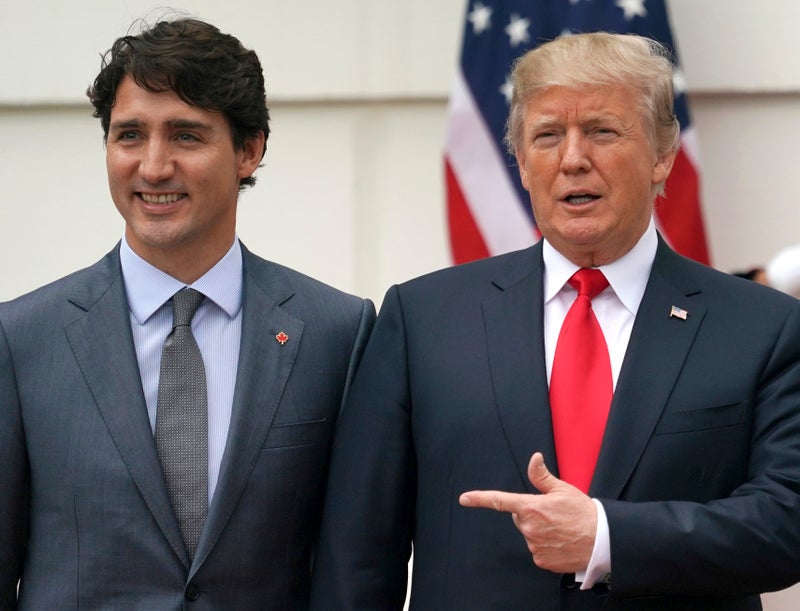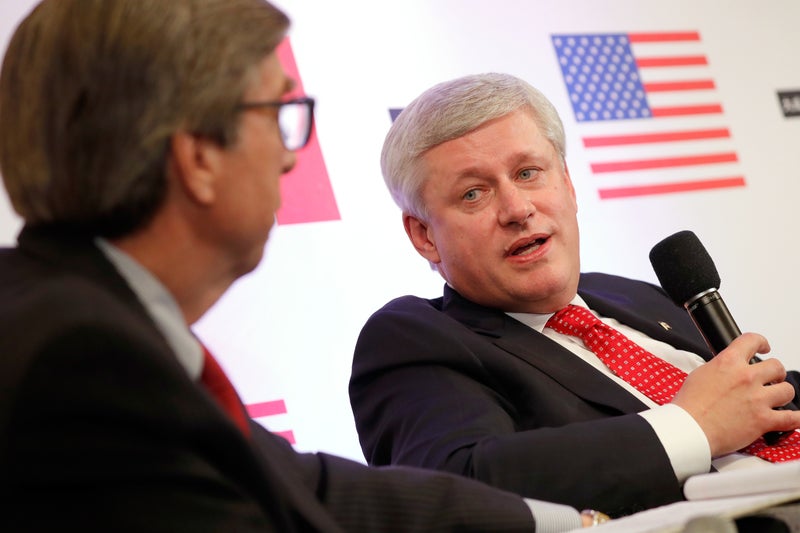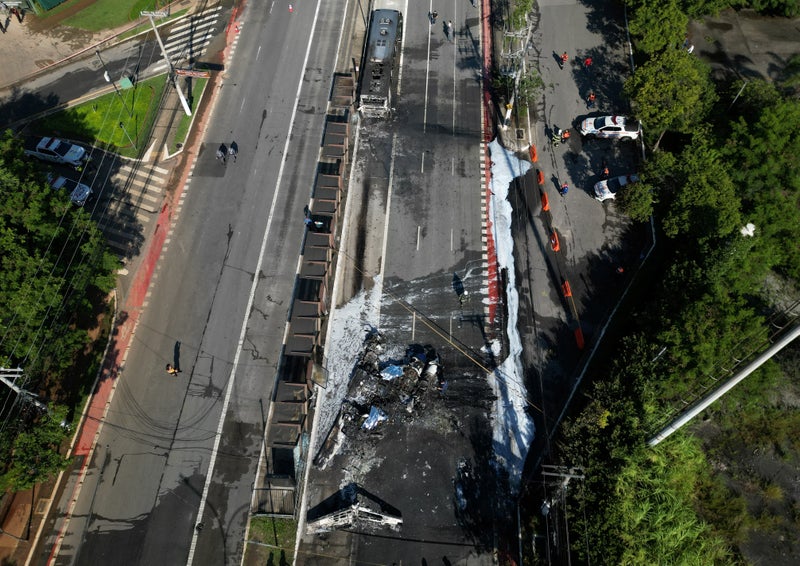Trump’s confidence in the proposal is evident. Here’s how it could work. President Donald Trump has repeatedly called for Canada to become the 51st US state, effectively erasing the 5,525-mile border between the two nations. This move, Trump suggests, would eliminate the need for tariffs he has threatened against Canada, a key US ally and trading partner. Such a drastic redrawing of the North American map would transform the continental US, leaving Hawaii as the sole non-contiguous state.
![[Trump has not ruled out using military force to take back the Panama Canal]](https://static.independent.co.uk/2025/01/22/03/Panama_US_Canal_43867.jpg)
Trump's confidence in this proposal is evident. "If people wanted to play the game right," he recently stated, "it would be 100 per cent certain that they'd become a state.". Initial reactions from Canada dismissed the idea as a joke, with Prime Minister Justin Trudeau firmly asserting that Canada would never become part of the US. However, more recent private comments from Trudeau suggest a growing concern, acknowledging that Trump's annexation calls are "a real thing.".
![[Trump has not said whether Greenland would be a state]](https://static.independent.co.uk/2025/02/11/12/18/iStock-2174551841.jpeg)
But are they? Really?. Here's a closer look. Congress has to approve accepting a new state. It takes only a House majority, but Senate filibuster rules require a minimum of 60 votes in the 100-member chamber to bring a bill to the floor — an insurmountable threshold for all kinds of key legislation. The Constitution's Admissions Clause, Article IV, Section 3, states: "New States may be admitted by the Congress into this Union; but no new State shall be formed or erected within the Jurisdiction of any other State; nor any State be formed by the Junction of two or more States, or Parts of States, without the Consent of the Legislatures of the States concerned as well as of the Congress.".
Any measure approving a new state that clears Congress would also have to be signed into law by the president – though Trump, a Republican, has made it clear he'd do so to admit Canada. Republican Sen. Lindsey Graham of South Carolina, a Trump ally, joked on X when all 50 states certified Trump's Electoral College victory last month, "They skipped Canada. We'll fix that next time!". Still, no major legislation is advancing that would extend an invitation to statehood to America's northern neighbor.
A territory's residents don't necessarily have to vote to join the United States. There have been multiple past pathways to statehood – from the absorption of the 13 colonies under the Articles of Confederation, to Congress formally agreeing to Texas' request to be annexed as the 28th state, but only after rejecting previous overtures from the then-republic. However, most states were added after Congress accepted a petition from some territorial legislative body, which could include legislatures that Congress itself suggested forming as part of the process.
In practice, therefore, Canada would probably have to have a referendum to gauge voters' interests in joining the U.S. before more detailed aspects of the process could begin – and the chances of passage don't seem high. While not addressing Canada as the 51st state directly, polling last year from Gallup and the Pew Research Center shows that Americans overwhelmingly have a positive view of Canada – and that while Canadians view the US more positively than negatively, their view may be a little more muted.
Trump's threats of tariffs have left Canadians feeling betrayed, and sports fans in Canada have begun voicing their displeasure by booing the US national anthem at NBA and NHL games. Of course, public opinion wouldn't matter if the US opted to invade Canada and annex it by force. Not even Trump is suggesting that, though he's refused to rule out US military force to seize back control of the Panama Canal.
Profoundly – and that's without speculating about whether a majority of Canadians might back Democrats or Republicans for president and in Congress. If Canada were to join the US its population of 41.6 million would make it the largest state, outpacing California's 39.4 million residents. Canada would get two senators but also 55 House seats based on the average congressional district population following the 2020 US census, which was 761,169 individuals.
That would make Canada the presidential race's richest prize, with 57 Electoral College delegates — exceeding California's 54. The Permanent Apportionment Act of 1929, meanwhile, caps the number of House seats at 435, meaning that other state delegations would shrink to make room for the new Canadian members of the House — and, by extension, its delegates to the Electoral College. Suddenly, make-or-break swing states like Pennsylvania, Michigan and Wisconsin may not look so important if there are tens of millions of Canucks waiting to be wooed with a presidential election on the line.















.png?auto=webp&width=800)






